Search results for: 'signaling pathways proteases hiv integrase'
-
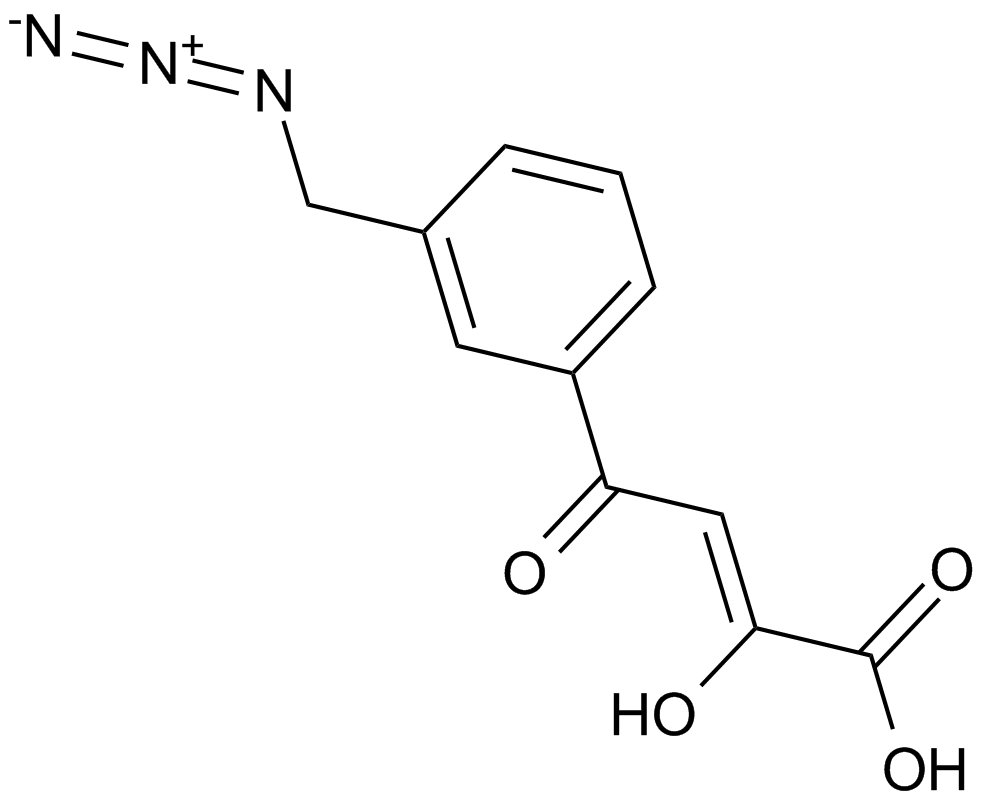 A3461 HIV-1 integrase inhibitorSummary: Uesful for anti-HIV
A3461 HIV-1 integrase inhibitorSummary: Uesful for anti-HIV -
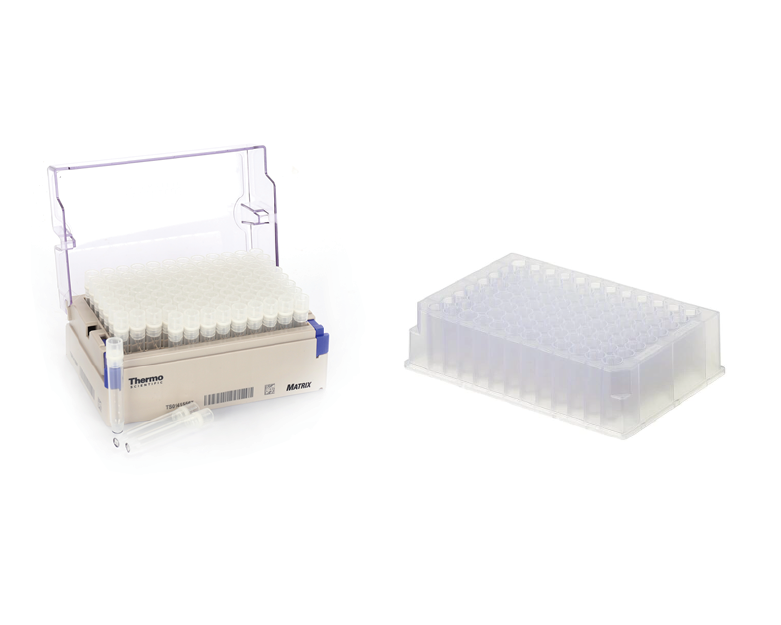 L1044 DiscoveryProbe™ NF-κB Signaling LibrarySummary: A unique collection of 73 NF-κB inhibitors for NF-κB signaling pathway research.
L1044 DiscoveryProbe™ NF-κB Signaling LibrarySummary: A unique collection of 73 NF-κB inhibitors for NF-κB signaling pathway research. -
 L1026 DiscoveryProbe™ Neuronal Signaling Library1 CitationSummary: A unique collection of 556 neuronal signaling-related small molecules for neuroscience reasearch.
L1026 DiscoveryProbe™ Neuronal Signaling Library1 CitationSummary: A unique collection of 556 neuronal signaling-related small molecules for neuroscience reasearch. -
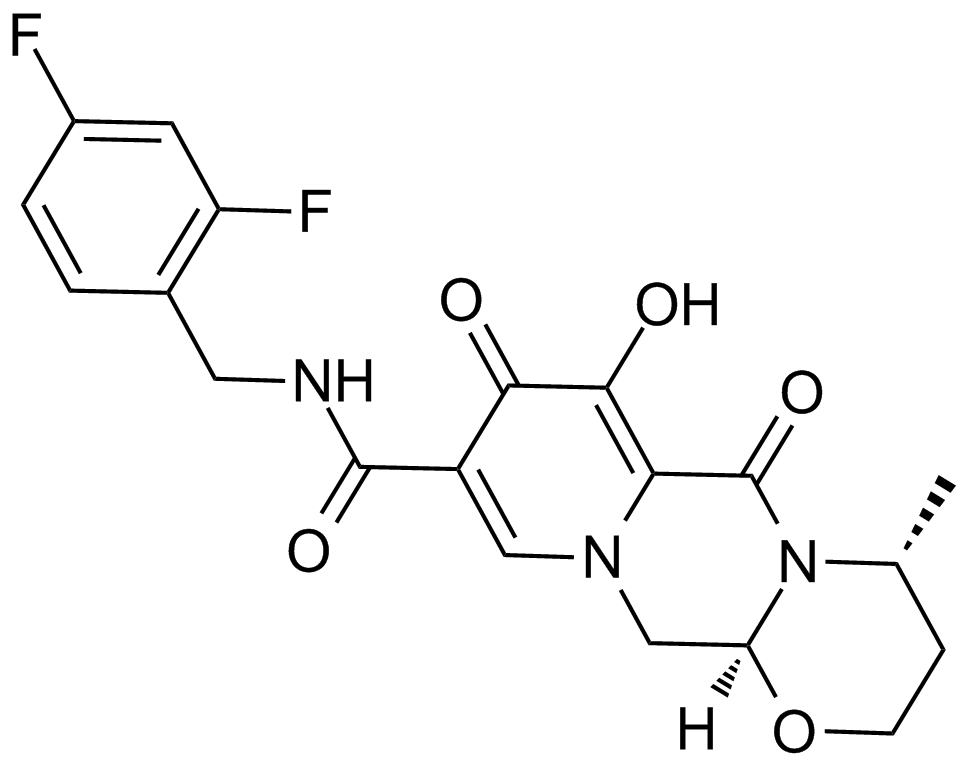 A4074 S/GSK1349572Summary: HIV integrase inhibitor, novel and potent
A4074 S/GSK1349572Summary: HIV integrase inhibitor, novel and potent -
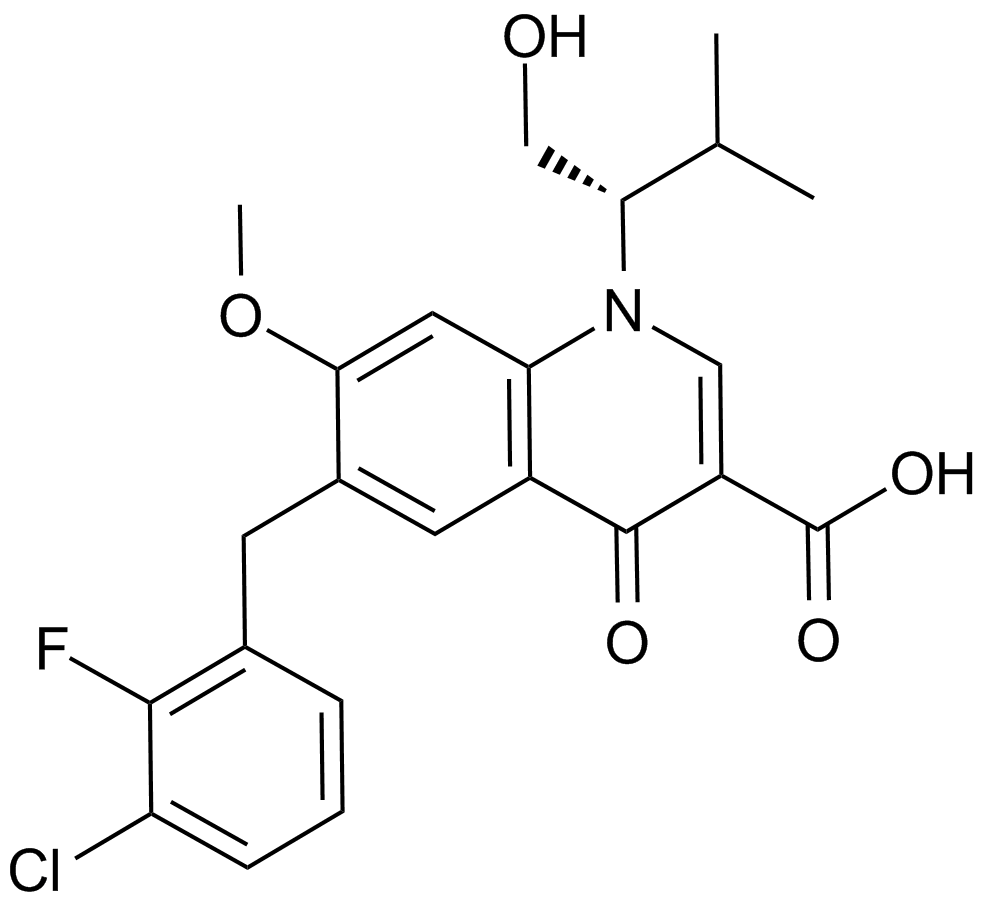 A4070 Elvitegravir (GS-9137)Target: HIV IntegrasesSummary: HIV-1 integrase inhibitor,potent
A4070 Elvitegravir (GS-9137)Target: HIV IntegrasesSummary: HIV-1 integrase inhibitor,potent -
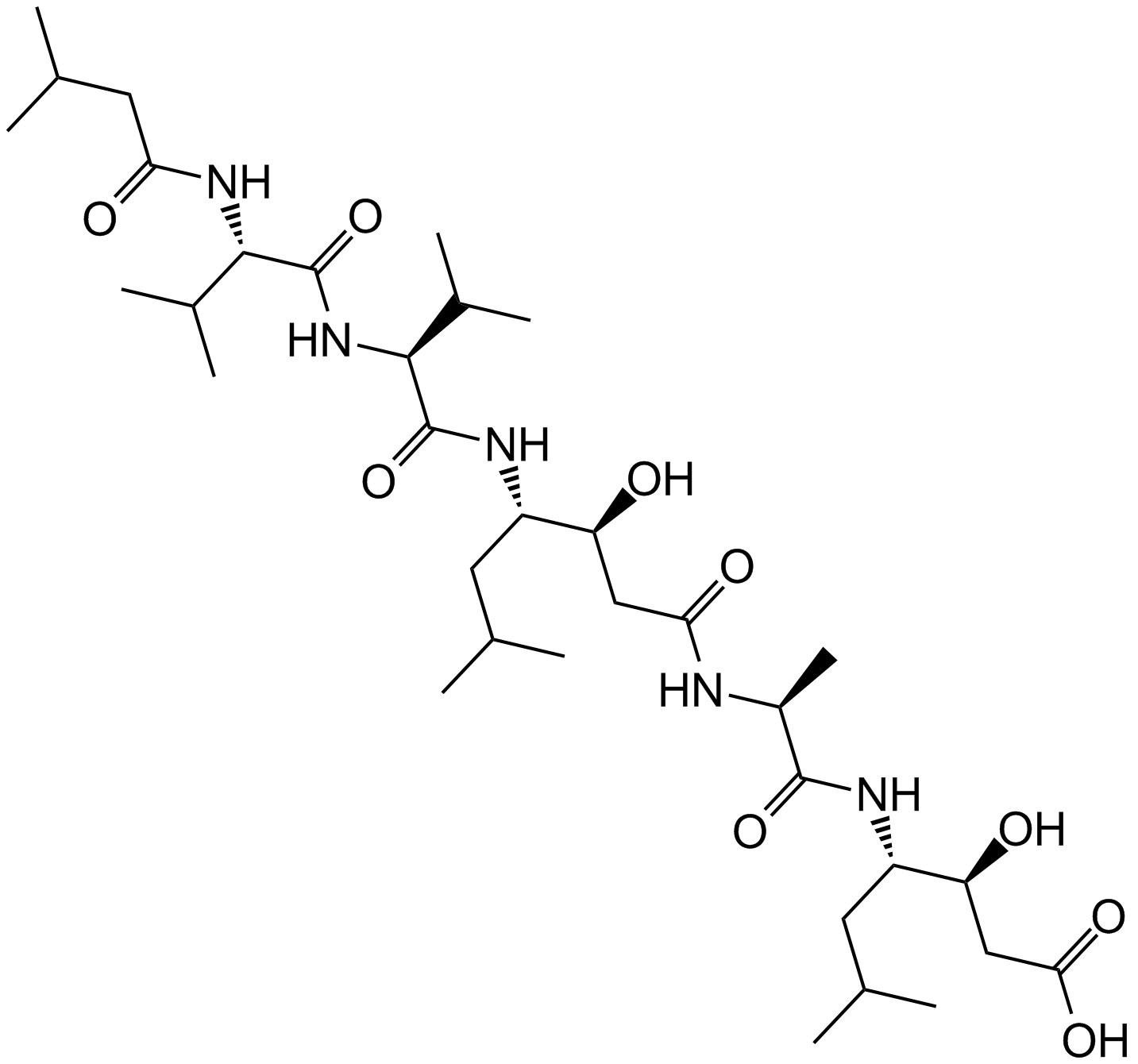 A2571 Pepstatin A9 CitationTarget: Cathepsins|Renin|HIV proteases|PepsinsSummary: aspartic proteases inhibitor
A2571 Pepstatin A9 CitationTarget: Cathepsins|Renin|HIV proteases|PepsinsSummary: aspartic proteases inhibitor -
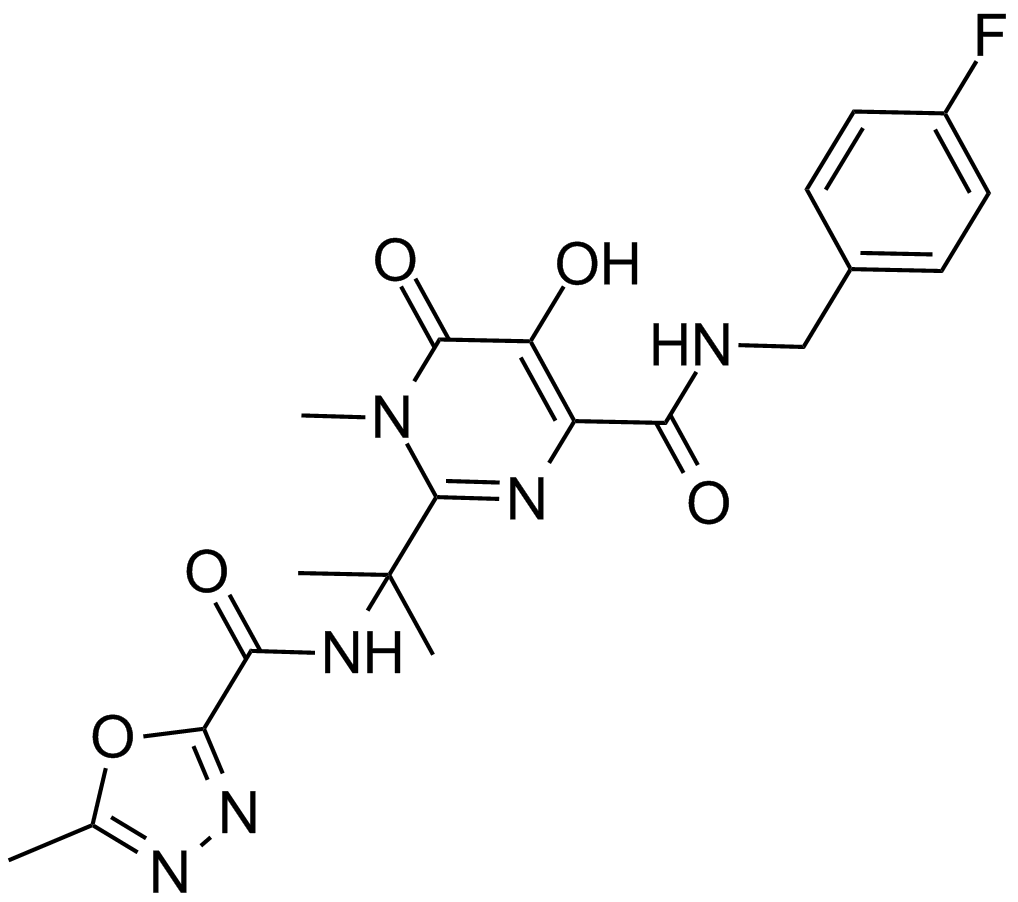 A4073 Raltegravir (MK-0518)1 CitationTarget: integraseSummary: HIV-1 integrase inhibitor
A4073 Raltegravir (MK-0518)1 CitationTarget: integraseSummary: HIV-1 integrase inhibitor -
 L1044P DiscoveryProbe™ NF-κB Signaling Compound Library PlusSummary: A unique collection of 178 NF-κB inhibitors for NF-κB signaling pathway research.
L1044P DiscoveryProbe™ NF-κB Signaling Compound Library PlusSummary: A unique collection of 178 NF-κB inhibitors for NF-κB signaling pathway research. -
 L1026P DiscoveryProbe™ Neuronal Signaling Compound Library PlusSummary: A unique collection of 948 neuronal signaling-related small molecules for neuroscience reasearch.
L1026P DiscoveryProbe™ Neuronal Signaling Compound Library PlusSummary: A unique collection of 948 neuronal signaling-related small molecules for neuroscience reasearch. -
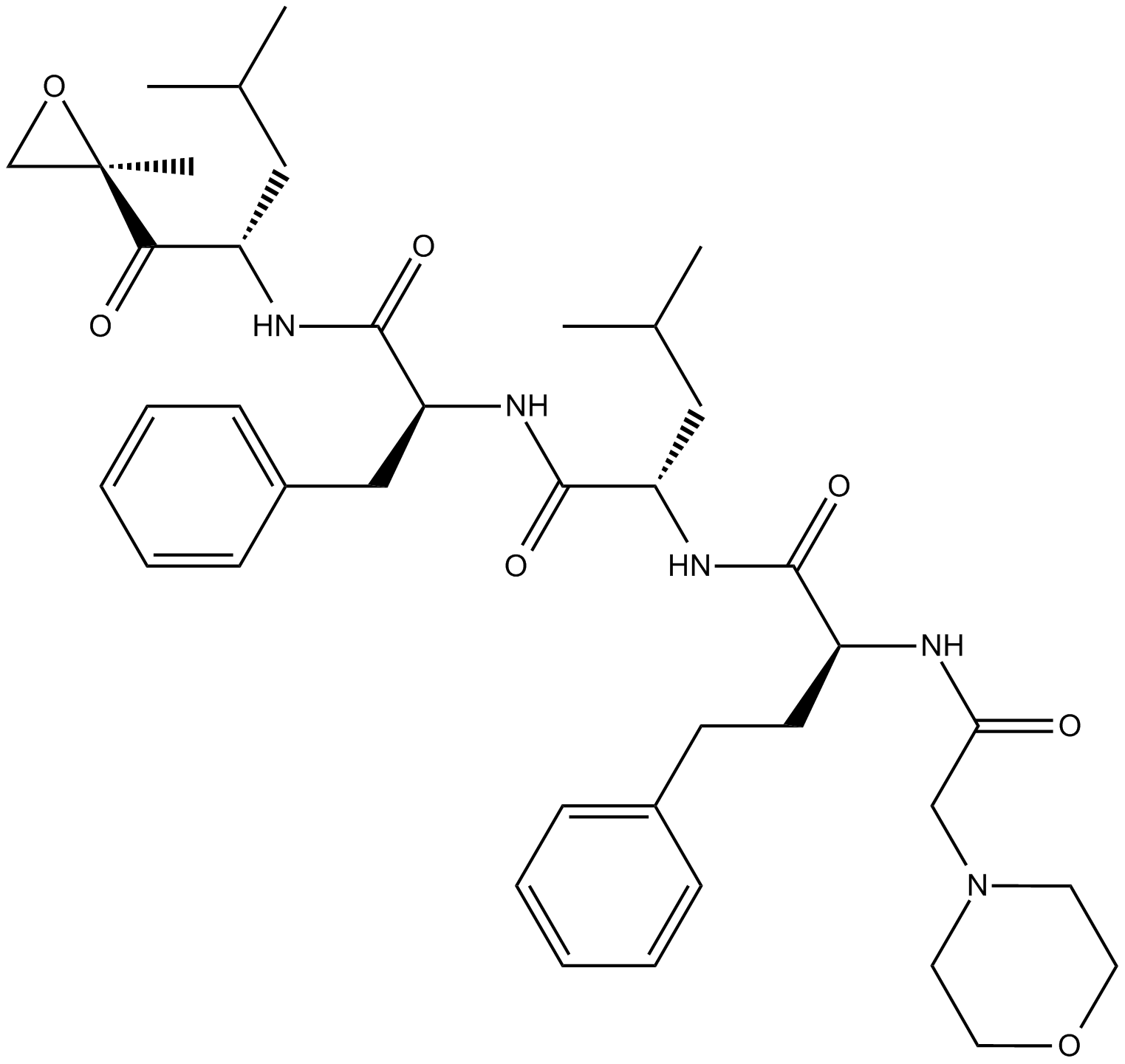 A1933 Carfilzomib (PR-171)10 CitationTarget: ProteasomeSummary: Proteasome inhibitor, epoxomicin analog
A1933 Carfilzomib (PR-171)10 CitationTarget: ProteasomeSummary: Proteasome inhibitor, epoxomicin analog


